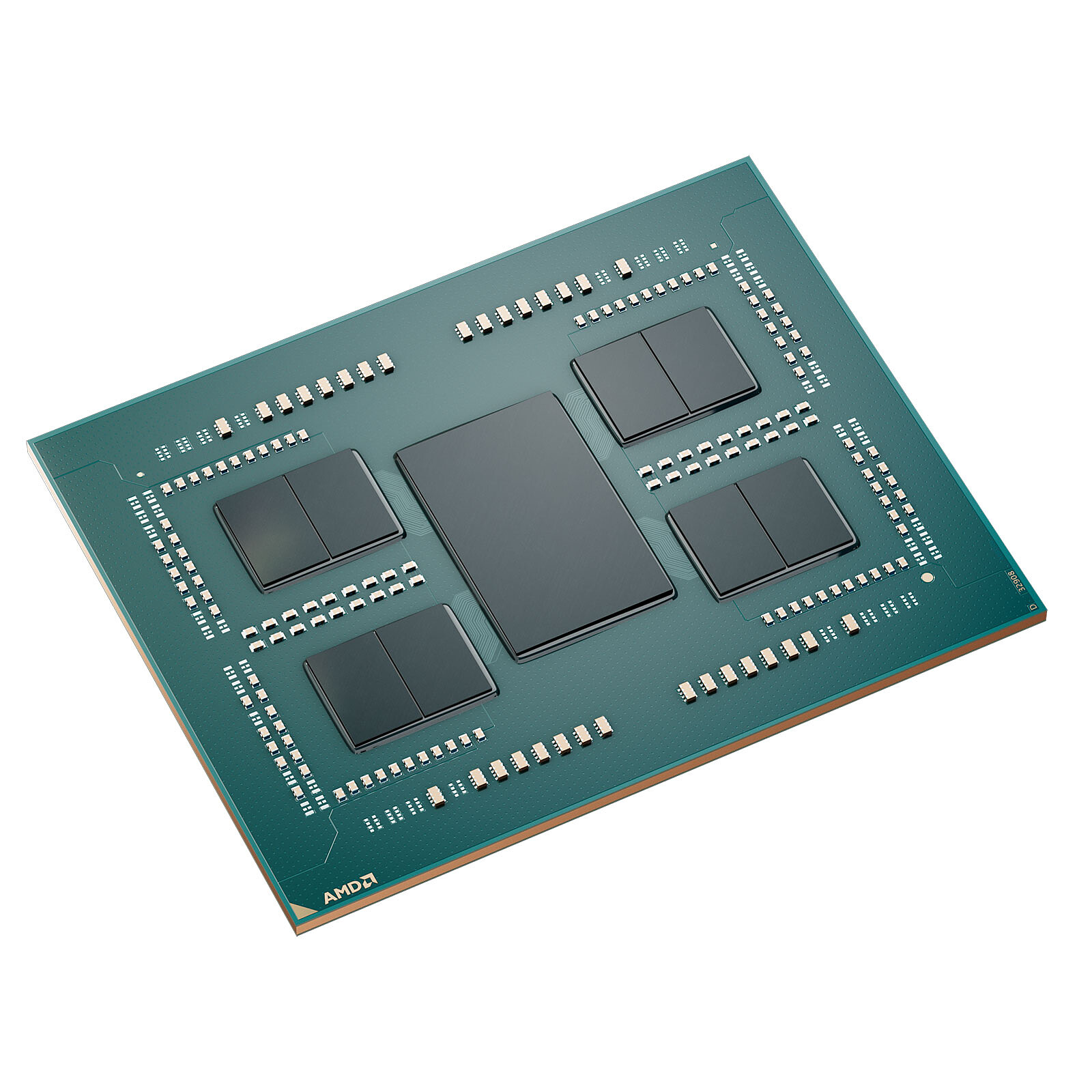Are More CPU Cores Better for Programming?

When it comes to choosing the right CPU for programming, the number of cores can play a significant role in performance. However, the benefits of having more cores depend on the specific tasks you’re performing. Let’s break down how core count impacts programming and whether investing in a multi-core processor is the right choice for your needs.
Understanding CPU Cores in Programming
Each CPU core acts as an individual processor, meaning a multi-core CPU can handle multiple tasks simultaneously. In general, more cores can improve performance in multi-threaded applications, which can divide tasks across several cores. However, not all programming activities are highly multi-threaded, so more cores aren’t always better for every task.
Single-Core vs. Multi-Core Performance
Single-Core Performance
Most basic programming tasks, such as writing code, running small scripts, and simple debugging, don’t require extensive multi-core power. These tasks rely more on single-core performance, as they aren’t heavily CPU-intensive and don’t benefit from multiple cores. For these activities, a processor with strong single-core capabilities will often be more effective than one with many cores.
Multi-Core Performance
Tasks like compiling large codebases, running virtual machines, game development, data science, and machine learning are more resource-intensive and benefit from a high core count. In these scenarios, multiple cores can handle various processes in parallel, reducing compilation times and increasing overall efficiency. For example, game developers often rely on high-core CPUs to handle rendering tasks, while data scientists working with machine learning can distribute computations across multiple cores.
Balancing Core Count with Clock Speed
While more cores can improve performance for multi-threaded applications, it’s essential to balance core count with clock speed. A processor with fewer cores but higher clock speeds may outperform one with more cores but lower speeds for tasks that primarily use single threads. If your work involves both multi-core and single-core tasks, a CPU that balances a decent core count with high clock speeds can give you the best of both worlds.
Recommended Core Counts for Different Programming Needs

Here’s a breakdown of ideal core counts for various programming needs:
- Basic Programming and Web Development
For writing code, web development, and light software development, a CPU with 4-6 cores and 8-12 threads should be sufficient. Most of these tasks don’t require extensive multi-core processing, so a processor with good single-core performance and a reasonable core count can handle the workload efficiently. - Game Development, Data Science, and Machine Learning
For programming fields like game development, data science, or machine learning, a CPU with 6-8 cores and 12-16 threads is often recommended. These tasks can leverage the benefits of multiple cores, as they involve complex calculations, data processing, and rendering. In these cases, a higher core count can lead to faster processing and more efficient performance.
The Verdict: Are More Cores Better?
More cores can be advantageous for certain programming tasks, especially if your workload involves heavy compilation, data processing, or rendering. However, for basic coding and debugging, a moderate core count with strong single-core performance will often meet your needs without requiring a high-core CPU.
Key Takeaways:
- Single-core performance is ideal for light coding, web development, and simple debugging.
- Multi-core performance benefits resource-heavy tasks like compiling large projects, game development, and machine learning.
- Balancing core count and clock speed is essential to match your CPU to your specific programming requirements.
Your Trust, Our Core Commitment
At Rising Tech, earning and maintaining your trust is the cornerstone of our mission. We're dedicated to transparency, impartiality, and the relentless pursuit of truth in every article, review, and recommendation we publish. Our commitment to these principles ensures that you, our valued reader, are always equipped with reliable and unbiased information. Let us be your trusted guide in the ever-evolving world of technology.